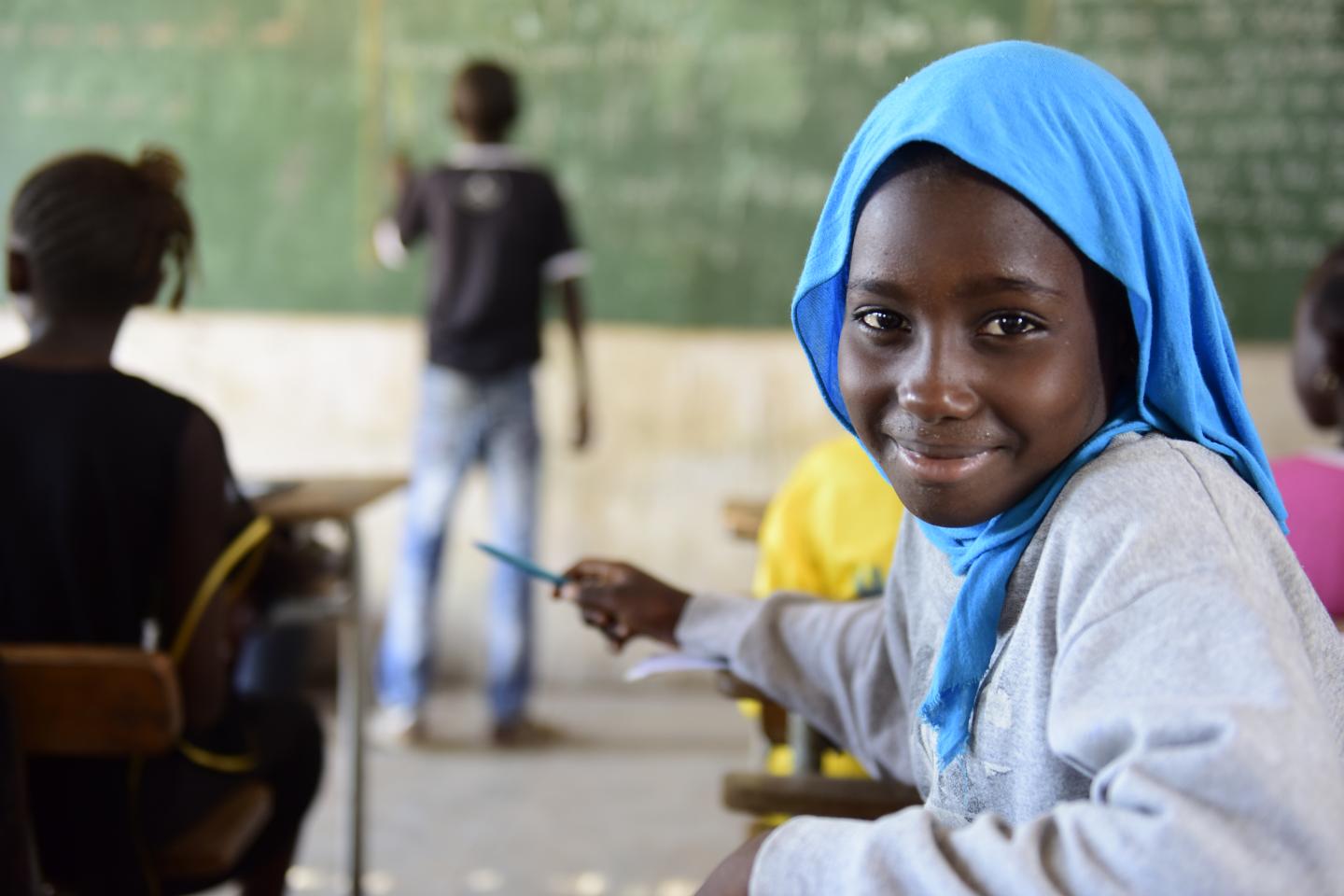
To be educated is to be informed
Education Is The Most Powerful Weapon Which You Can Use To Change The World
Nelson Mandela
Education provides entrepreneurs with cognitive skills to better evaluate and exploit entrepreneurial opportunities.
On today’s episode of #TEFAdvocacy, we will be discussing challenges affecting entrepreneurs in Senegal.
Shortage of jobs in Senegal means people are forced to fend for themselves to generate their own income. This “survival entrepreneurship” could be a unique opportunity for the country, however, if used as a catalyst to create SMEs with the capacity to develop long-term activities.
This is the reason why the Tony Elumelu Foundation (TEF) has stepped in to assist in funding young entrepreneurs in countries like this to help generate income for themselves and create direct and indirect jobs within the country to further improve the economy of the country.
Despite the opportunity granted by TEF and the “survival spirit” of the Senegalese, they are still faced with several challenges limiting them to achieve their goals and have financial freedom which in turn improves the country’s economy.

Amongst the many challenges faced, poor investment in education has been a major issue. According to the Human Development Index (HDI), Senegal is not only one of the poorest countries in terms of GDP per capita, but also in terms of its human development. The lack of investment in the education sector has led many citizens to settle for menial jobs which is now a norm among the citizens. This has limited a lot of citizens to birth ideas that can change the narrative of the country.
A research done by AfDB in 2009 shows that 47% of total education expenditure was allocated to primary education, 27% to secondary education and 24% to higher education. This breakdown reflects the belief that primary and secondary schooling are more important than tertiary education for poverty reduction, and has been encouraged by international development agencies.
The issue has also been a major reason for unemployment leading to more employment in industries that require little to no educational background.
Our Recommendation
We recommend that the government invest more in education and ensure there is a significant rise in the number of school students across every state in Senegal. These investments should cut across primary to tertiary as this will help meet the standard efficiency required of the education sector.
According to the African Development Bank (AfDB), the efficiency of education is assessed based on two criteria: internal and external efficiency. Internal efficiency is jointly measured by the ability of the system to retain the maximum number of pupils in school, results obtained by pupils and available resources (teachers, classes, equipment, etc.). External efficiency corresponds to the match between the provision of education and market needs. The rate attained in Senegal falls far short of the target rate of 83% set by the World Bank and it is considerably lower than the rates recorded by other West African countries (Ghana 73%, The Gambia 91%, Mali 79% and Cape Verde 85%). The secondary education enrolment rate is much lower – 31.4% in 2008, while enrolment in higher education did not exceed 8.3% in 2008.
Strategic investment in the education sector will help see this rate rise reasonably and give future entrepreneurs the exposure they need to ideate, plan, develop and deliver solutions. It will also provide the platform they need to have the basic knowledge every entrepreneur needs to provide solutions to problems facing the country.
We at TEF also propose that the government should create initiatives that will expose citizens to vocational training that can help them be independent rather than the norm of bare labor jobs. This platform will also help them think of innovative ways to do carry out tasks thereby making them enterprising.
We believe that prosperity in Senegal is prosperity for Africa at large which is why we at TEF are working tirelessly to fulfill our mission of improving lives and transforming Africa. .
~ Author: Oluwadamilola Oladepo
